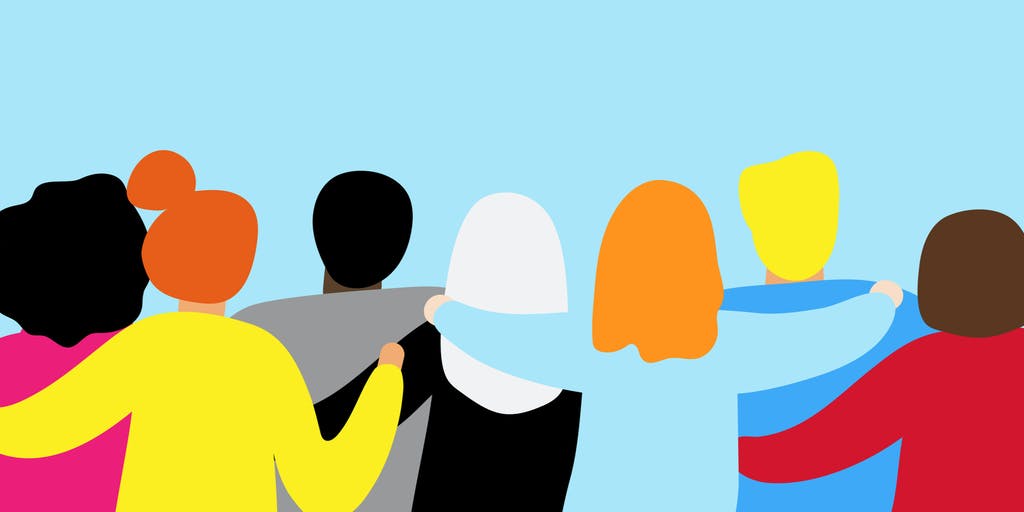We talk a lot about self-help and self-care when it comes to mental health. Building up skills like self-awareness, emotional regulation, resiliency, and mindfulness have a massive positive impact on your wellbeing.
But when it comes to supporting the mental health of our friends, coworkers, and loved ones, we need to tap into a different set of skills.
Bringing understanding, kindness, and compassion to your daily interactions is the best way to emotionally support those around you.
Even though the stigma surround mental health is diminishing, it’s still not easy for us to talk to one other and open up about our challenges.
By strengthening your ability to assist those around you, you can help to reduce the stigma surrounding mental health and provide essential support to those who need it most.
Here are 3 of the best ways you can be an emotionally supportive friend.
Normalize the Conversation
One of the best ways to support your loved ones is by encouraging them to talk to you and open up.
You can do this by openly sharing your own experiences with mental health; this could be in person, through a text message, or on social media.
Something as simple as sharing a post online saying “If anyone ever needs to talk, I’m here for you,” can have a huge impact on someone’s life.
Another great way to get the conversations going is to actively reach out and check in on those in your circle.
Don’t wait for someone to come to you with their problems, normalize calling or texting your loved ones on the regular and checking in. Something simple like “I was just thinking about you! How are you doing?”
Normalize reaching out with your own problems too; “Hey I’m having a hard time at work today, can I call you after and talk it out?” It might seem like you are being bothersome, but the truth is most people actually want this sort of deep connection and interaction with their friends.
For more ways to help normalize mental health conversations, check out this.
(Not so small) Acts of Kindness
Being kind to others makes us feel good, we don’t need a scientific study to show us that. We’ve all experienced that warm fuzzy feeling that accompanies brightening up someone’s day.
Small acts of kindness can be simple; congratulating a family member on a recent accomplishment, buying a new co-worker a cup of coffee, promoting your friend’s new business on social media.
These acts might seem inconsequential, but studies show that they can reduce depression and anxiety in both people who perform them and receive them.
Small acts of kindness also mitigate stress, reduce mortality, and reduce pain.
If you find yourself with a few extra minutes of time today, see if you can squeeze in a few small acts of kindness for those around you.
Cultivate Self-Kindness
One of the best ways to be kind to others is to build up the skill of being kind to yourself.
How you support yourself is directly linked to your ability to support others.
Self-talk is a great place to start cultivating self-kindness. It is the script we use to frame our entire lives, but we’re never really taught how to do it.
Strengthening your skill of self-talk will have a direct impact on your interactions with those around you.
Another powerful way to cultivate self-kindness is with a Metta meditation. This type of meditation is specifically designed to boost feelings of kindness; both for yourself and for others.
Here’s a free, guided exercise for our readers.


